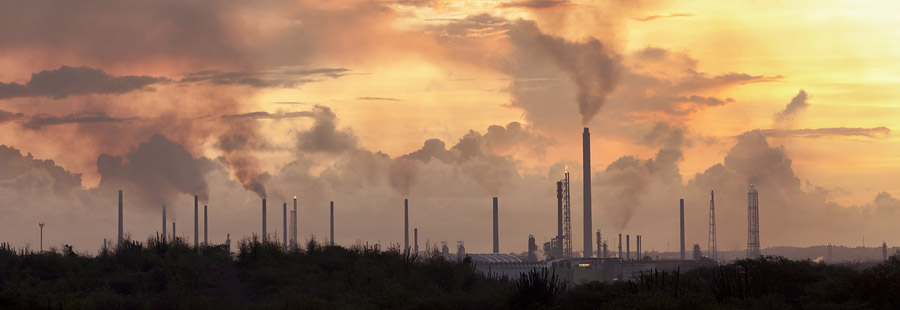Allergies, Pollution, and Climate Change

Source: foodbytes/Bigstock.com
Warmer temperatures have created longer growing seasons for plants that produce pollen. This increase in allergen production can have serious affects on those with asthma or allergies. The changing environment has impacted how humans can handle current and new strains of allergies. In some areas, deadly insect stings are on the rise as the changes in temperatures have expanded the range of certain insects. Warmer temperatures can lead to more wildfire activity which can decrease air quality. Human caused ozone pollution becomes much more severe during the summer season. Increased ozone levels causes coughing, wheezing, chest pains and overall decreased lung function.